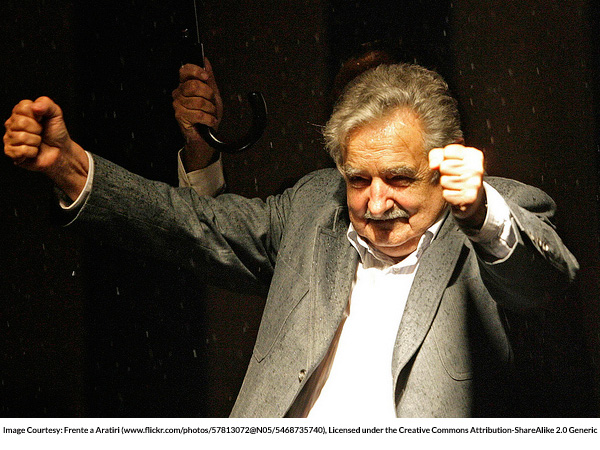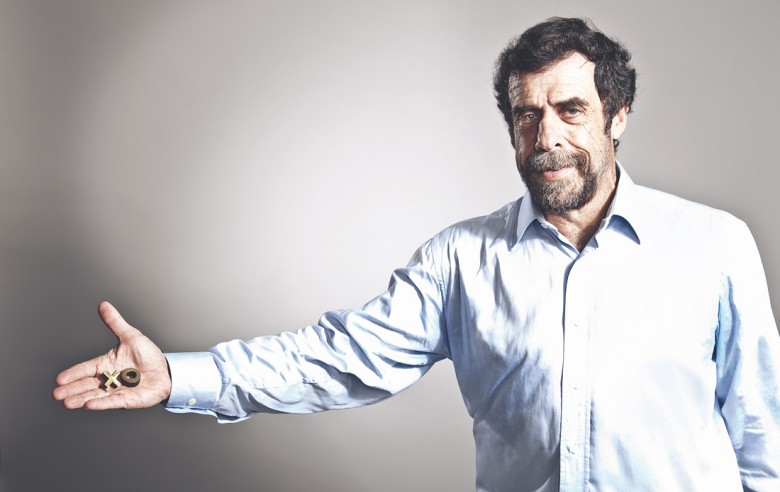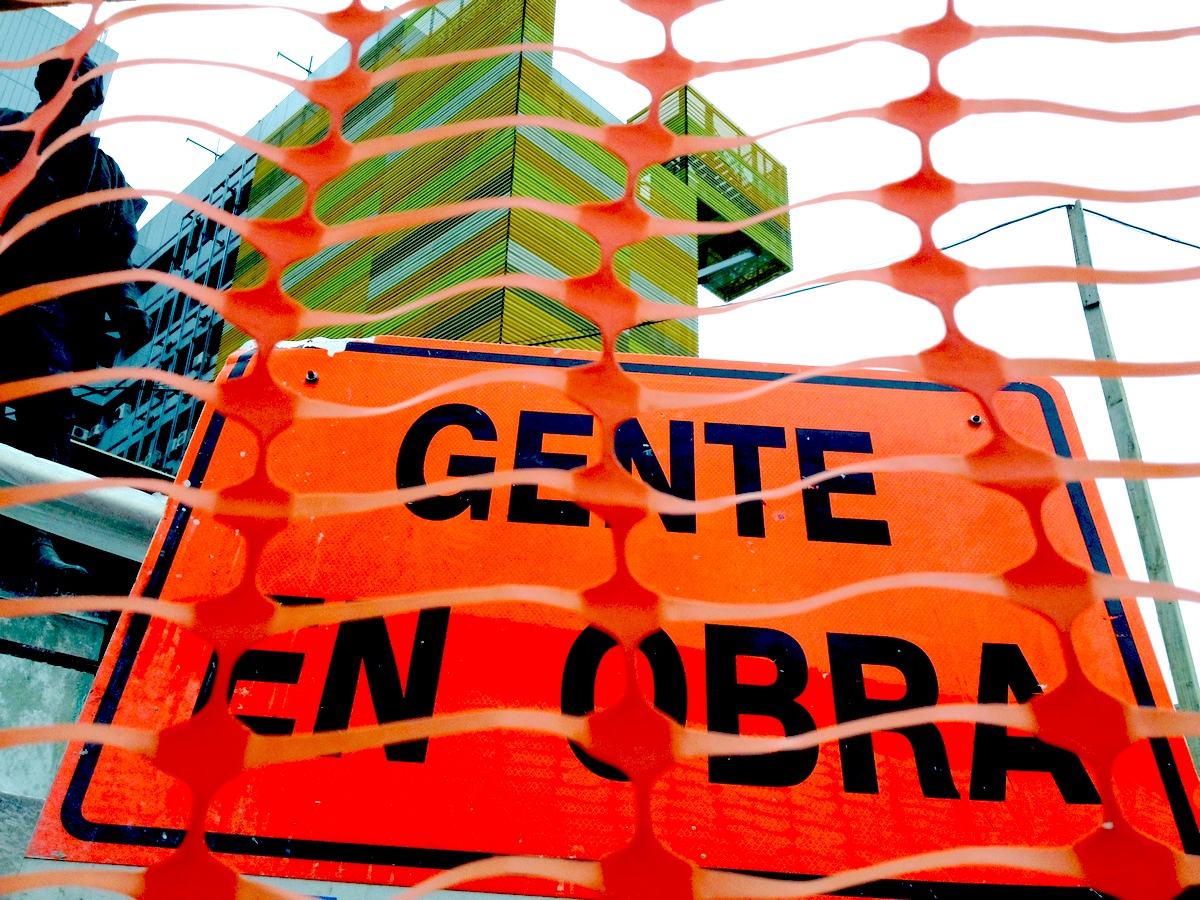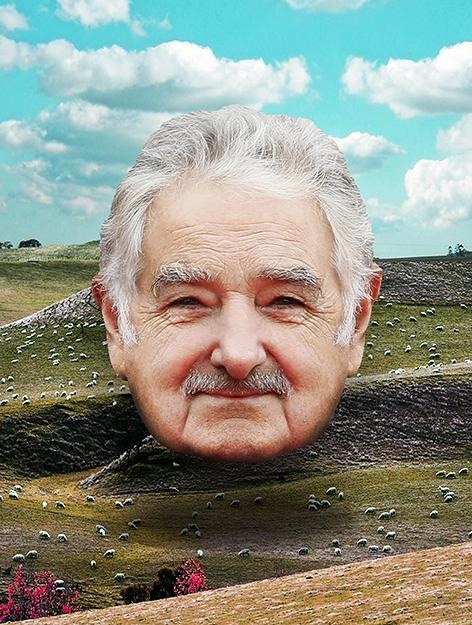
No president was as popular as Uruguayan President José Mujica, who will leave office in early 2015. A former Marxist guerrilla fighter, he's the ideal of an austere, humble leader: He lives in a decrepit cottage; he drives himself to work in a decaying VW Beetle; he donates 90 percent of his salary to charity; he wears Crocs to Davos and preaches astonishing sermons decrying materialism.
For awhile, you could hardly go a day without reading a rave profile of him in venues like The New York Times and The Economist; a Gawker tribute to him went massively viral. Like Pope Francis, he speaks to our longing to see a leader who understands the poor. We believe such a figure could guide us out of the social and policy vices that have mired us in a worship of wealth.
But these stories do not report from Uruguay. What tangible influence has Mujica really had over his society? Can a president with a starkly different personal style actually transform his country in an age when national culture is as dependent on international financial and cultural trends as on a president?
To answer this question, journalist Eve Fairbanks travels to Uruguay to interview economists, politicians, and the poor. This is a story bigger than Uruguay: It asks how much influence, in our globally interconnected era, a national president can have anymore.






